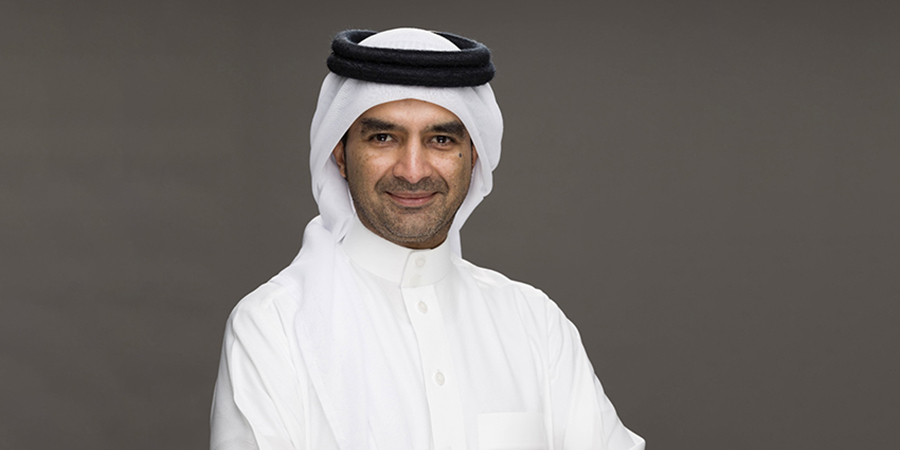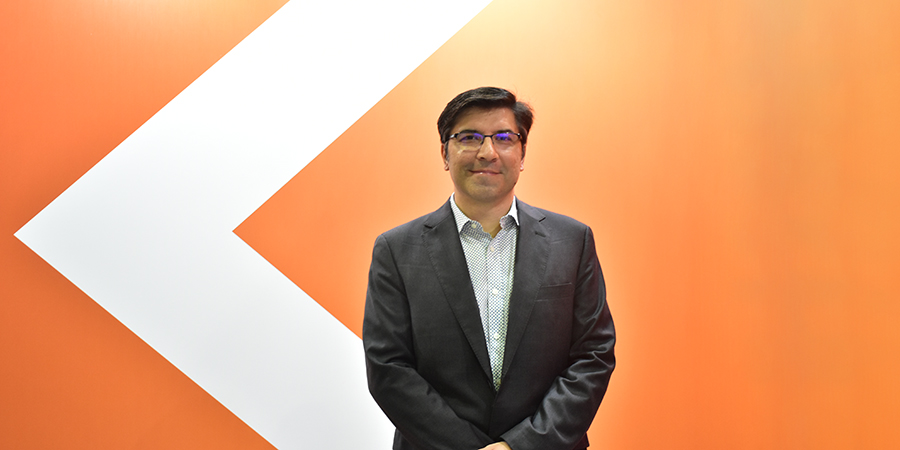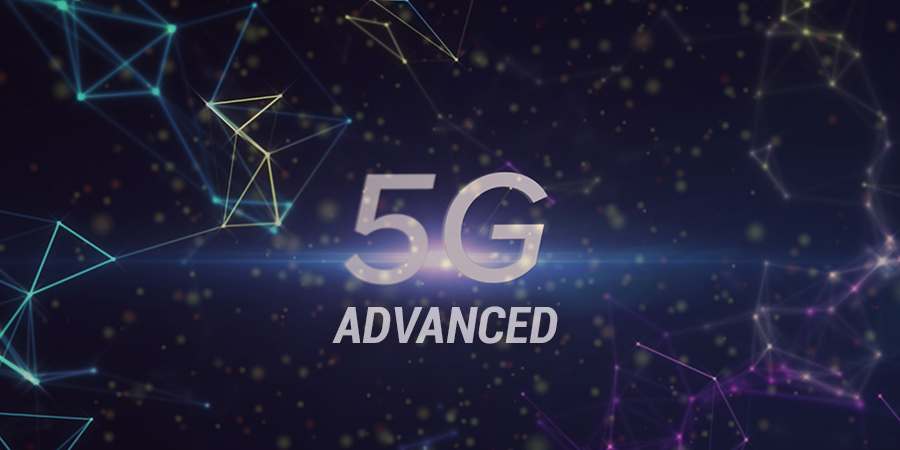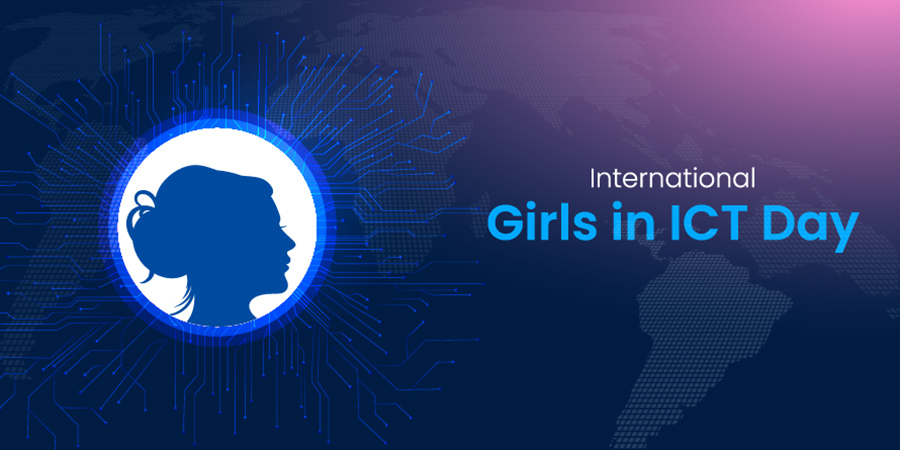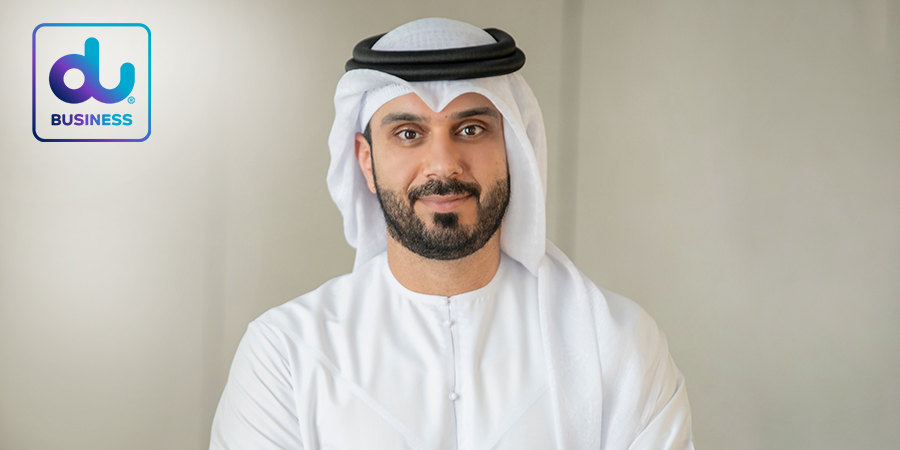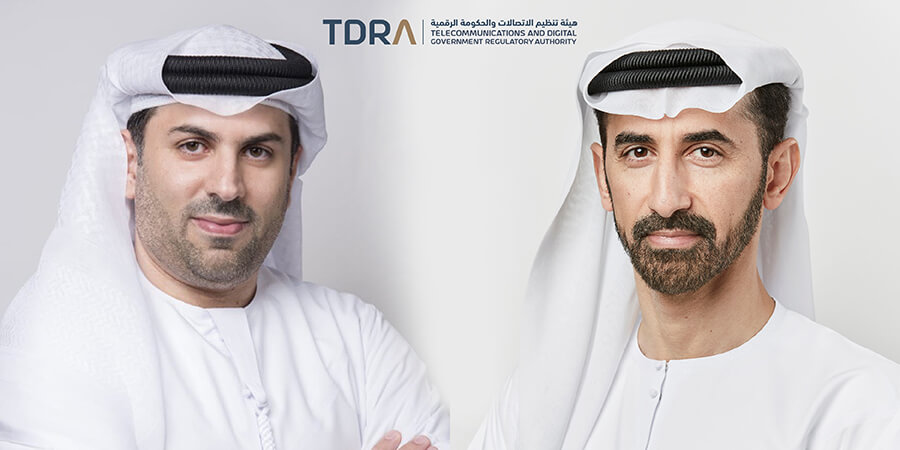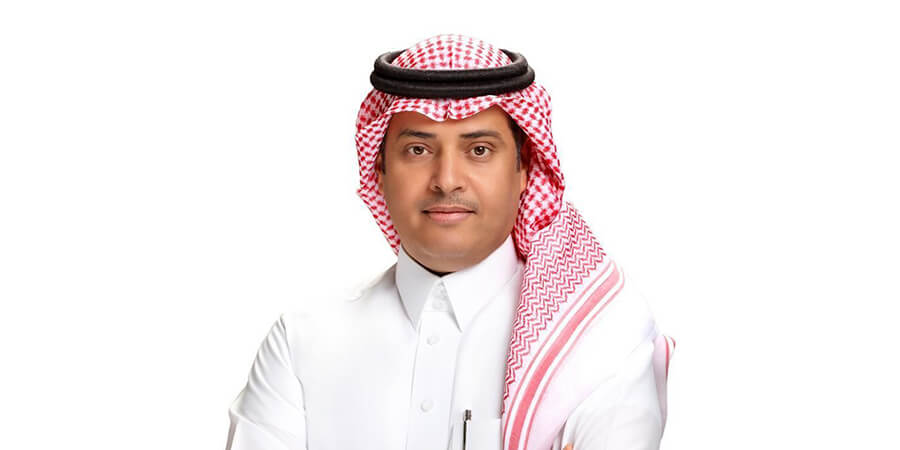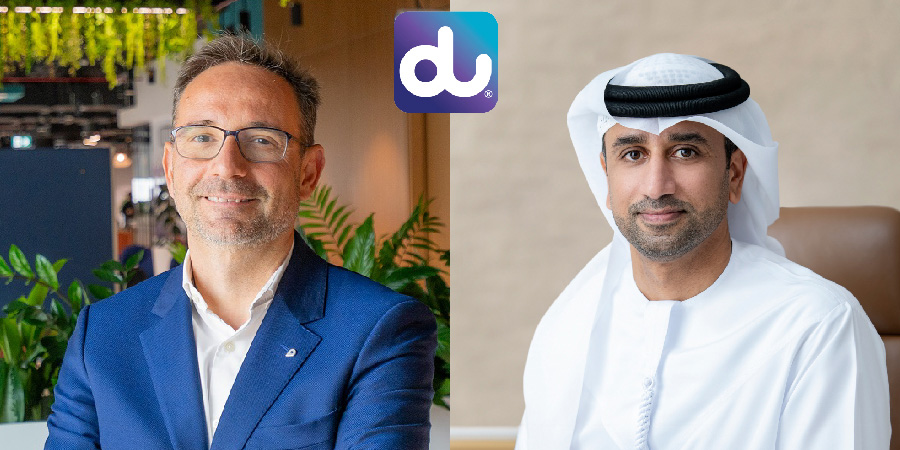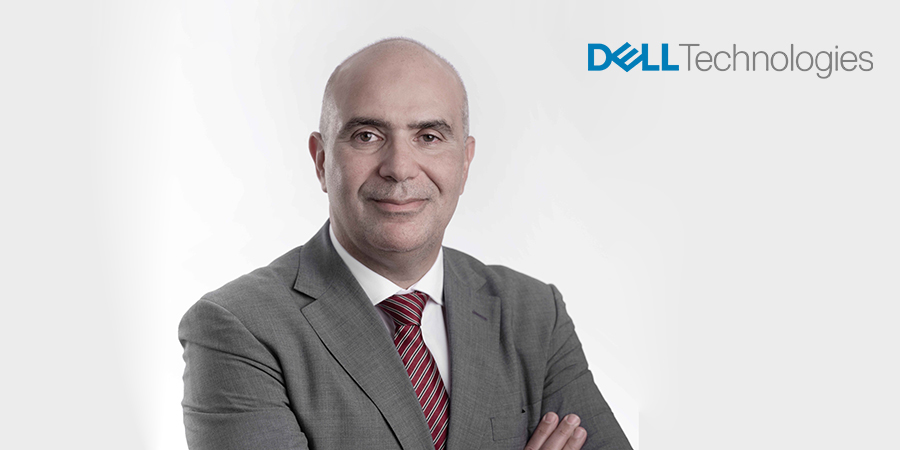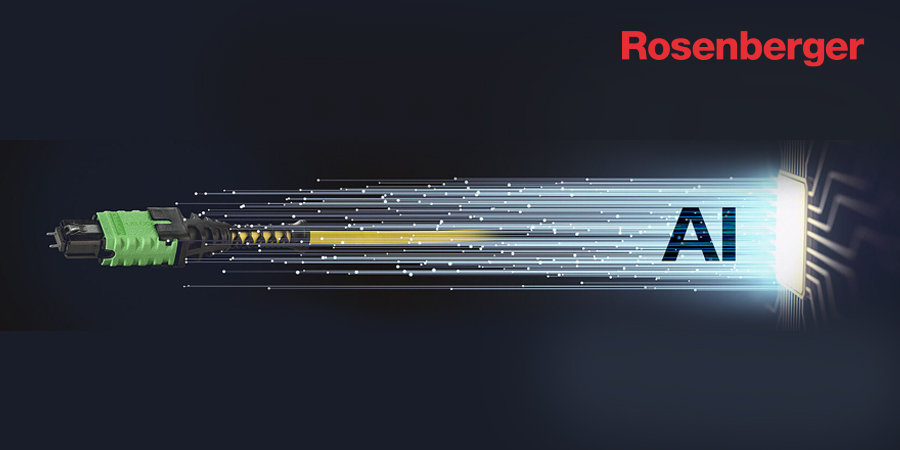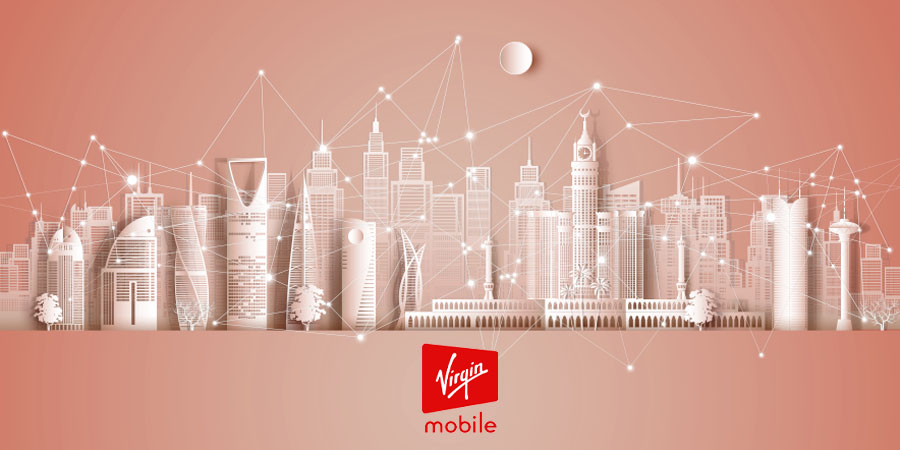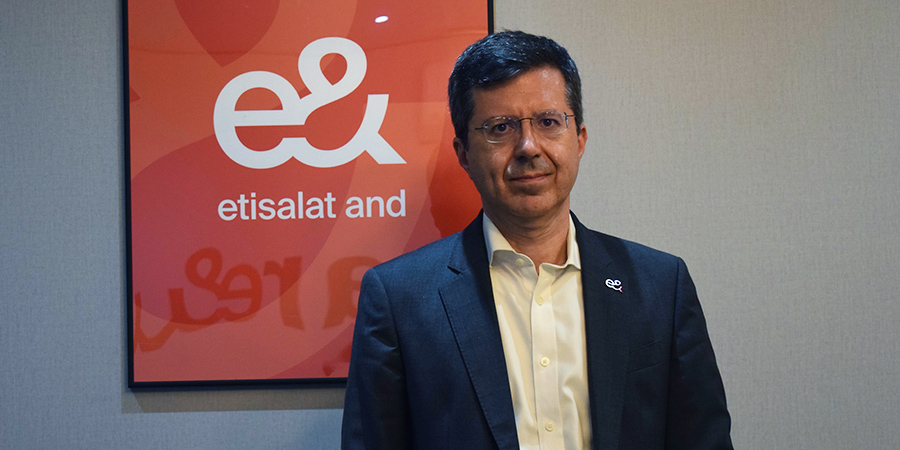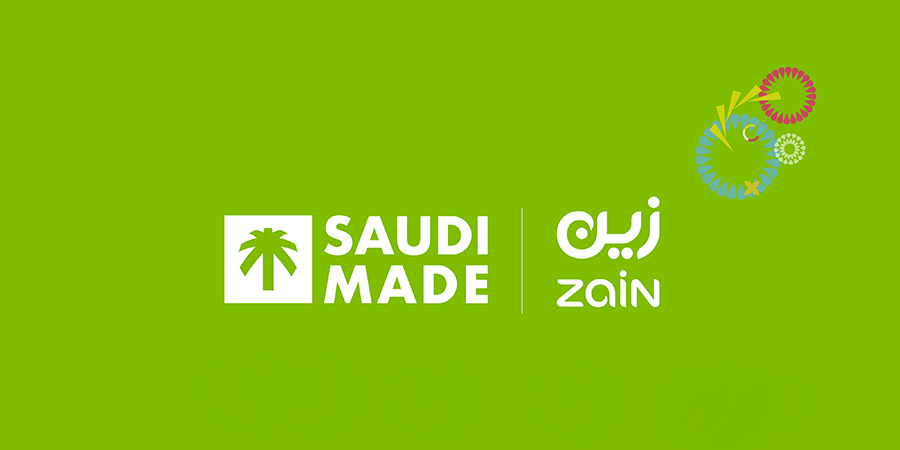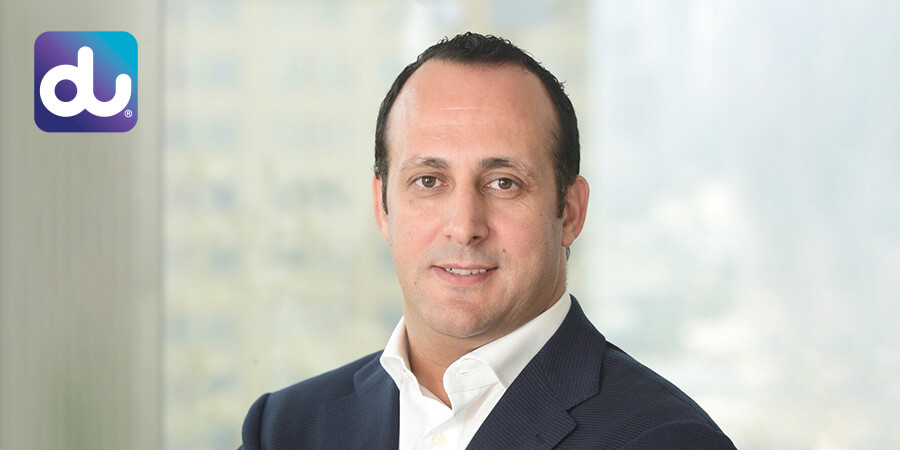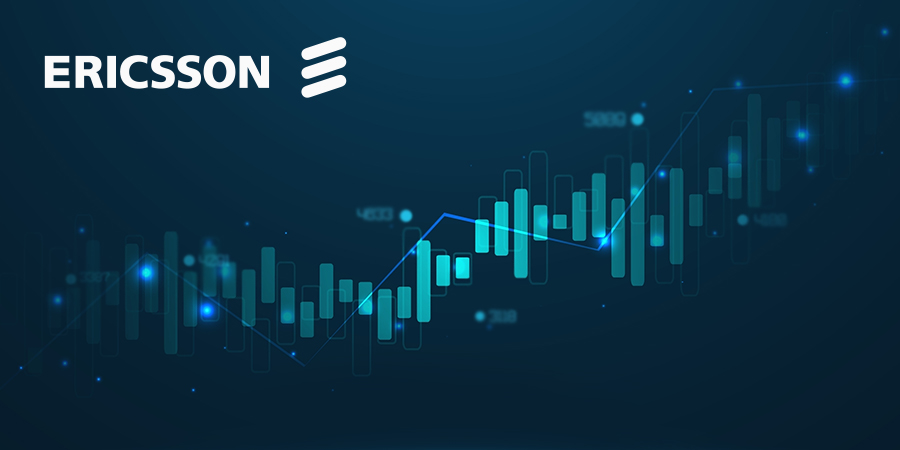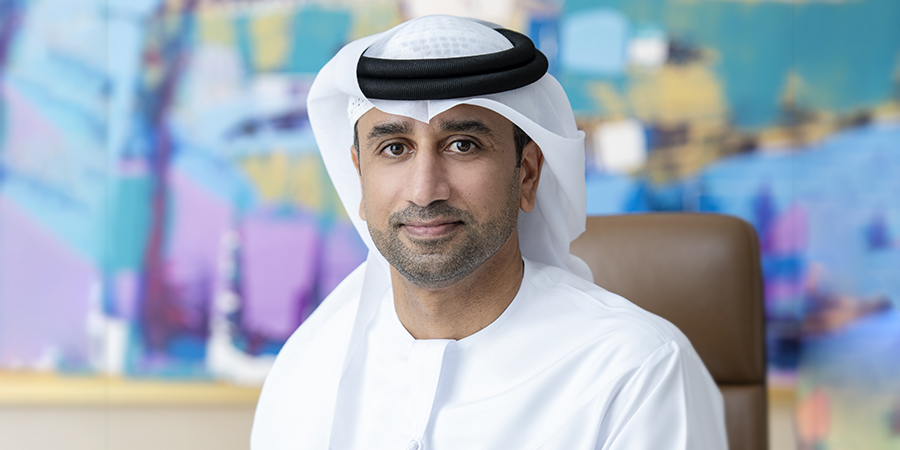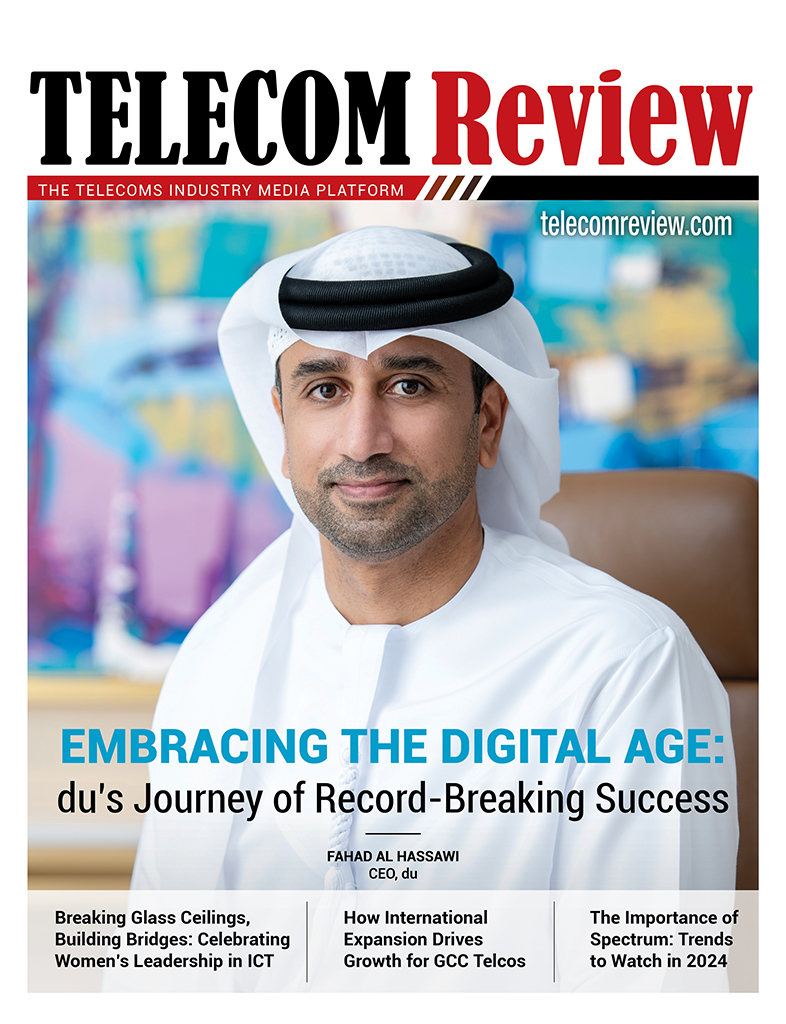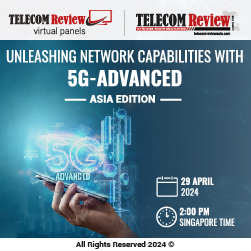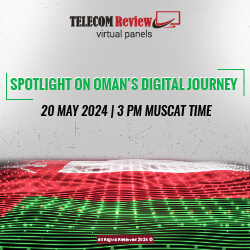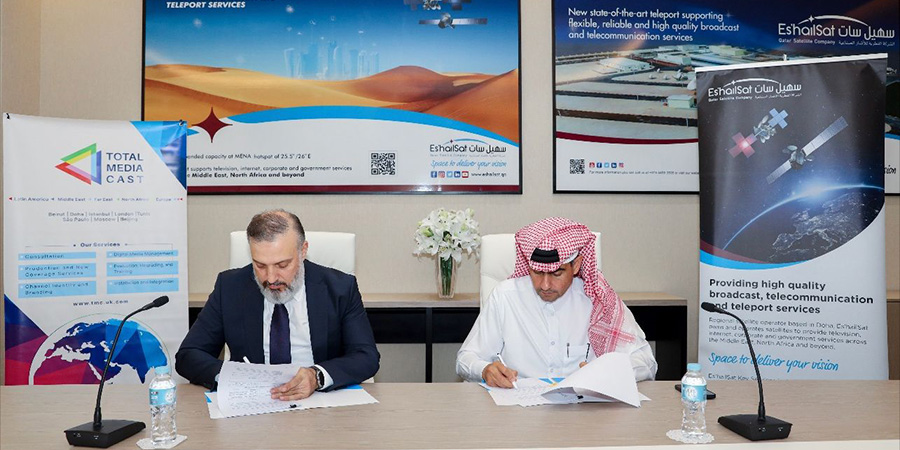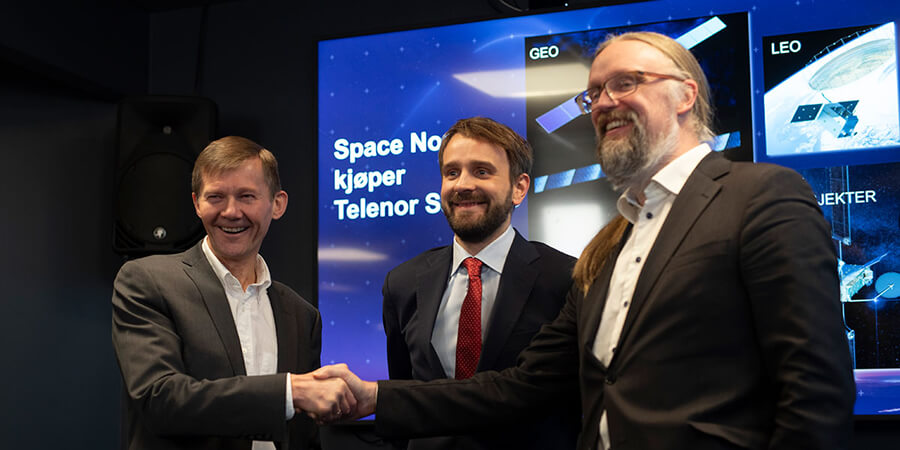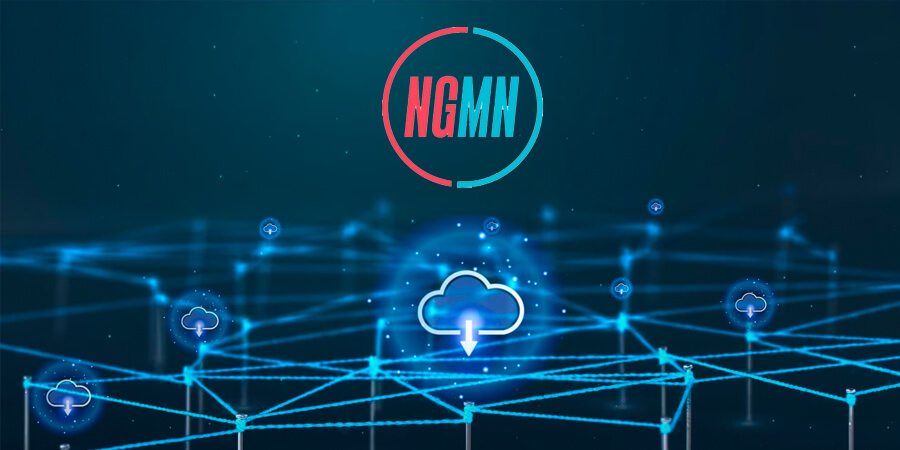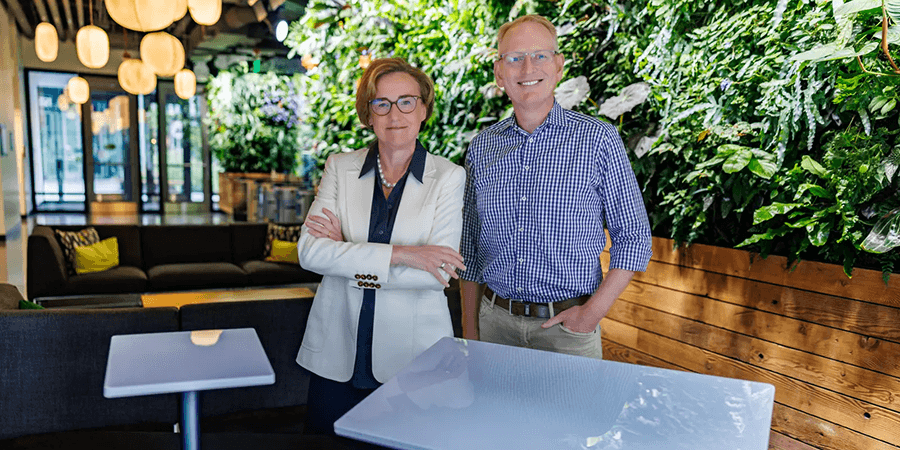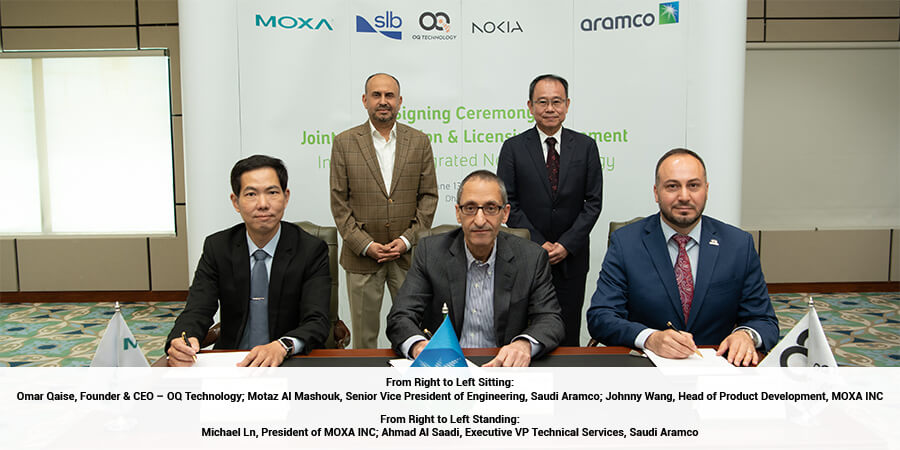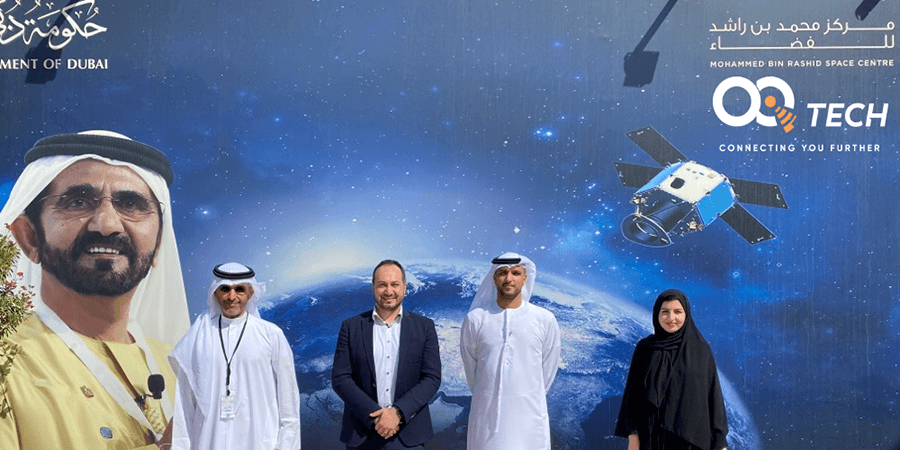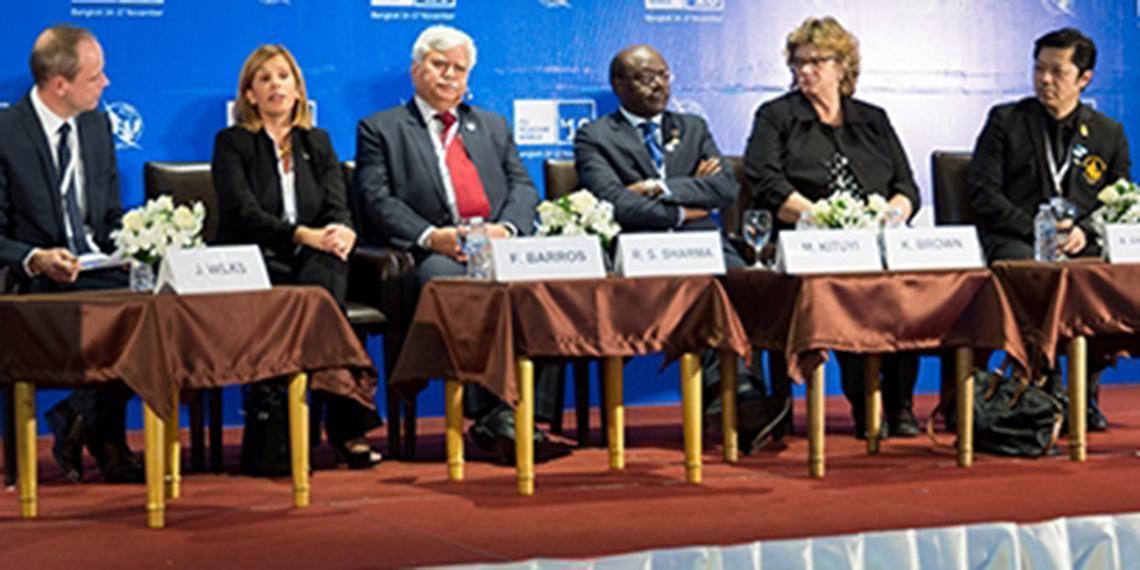Connectivity, collaboration, sustainability and inclusiveness were the key themes of the opening session of the high-level Leadership Summit, sponsored by TRA, UAE and moderated by Jeremy Wilks of Euronews, media partner of the Leadership Summit.
Extending connectivity - and the tremendous potential for social, economic and human development it brings - is critical. ""The digital divide is very much still with us, a divide of geography and gender, of education and resources. It is imperative that we continue to work to close that digital divide,"" urged ITU Secretary-General Houlin Zhao.
Summarizing the challenges involved in tackling digital exclusion,Air Chief Marshal Prajin Juntong, Deputy Prime Minister of Thailand and Acting Minister of Digital Economy and Society, focused on four key pillars of acitivity, which resonated throughout the discussion: the digital economy, connectivity, cybersecurity and capacity building.
""Governments must create policies that focus on citizen empowerment, digital skills and the creation of a business environment that allows business to grow by leveraging technology,"" he said, citing the example of Thailand's dynamic SME and entrepreneurship ecosystem.
What extending connectivity means in practice may vary greatly. The European Commission's Digital Single Market strategy, explainedFátimaBarros, Chair of Portuguese regulator ANACOM, puts digital centre stage to grow the economy within and across the region. Its ambitious new broadband targets aim for at least 100 Mbps download speed for all households, 1 Gigabit for institutions such as hospitals and universities, and full 5G wireless broadband coverage in urban areas and major transport routes by 2025.
In India, the scale and nature is somewhat different - asR. S. Sharma, Chairman of the Telecom Regulatory Authority of India (TRAI), pointed out, ""45% of the unconnected are in India"", and supplying basic power is often the first priority, rather than top broadband speeds. But both Europe and India face the challenges of uniting different states with different languages and at different stages of development; and the need for large-scale investment, a technology-neutral hybrid approach to networks and regulatory reform are universal.
The government's Digital India initiative will digitally empower society and transform the country, explained Sharma, through three parallel strands of development: infrastructure, including digital identity data in the cloud; software; and the services riding on top. Providing those services, whether in education, agriculture, health or any other sector, will only be possible through collaboration and partnership.
New regulatory approaches must enable open standards, software and systems to break down silos, encourage multiple technologies and ensure growth. For Barros, it is a balancing act: ""The big challenge to achieving connectivity is keeping the goal of building the single market whilst sustaining competition.""



